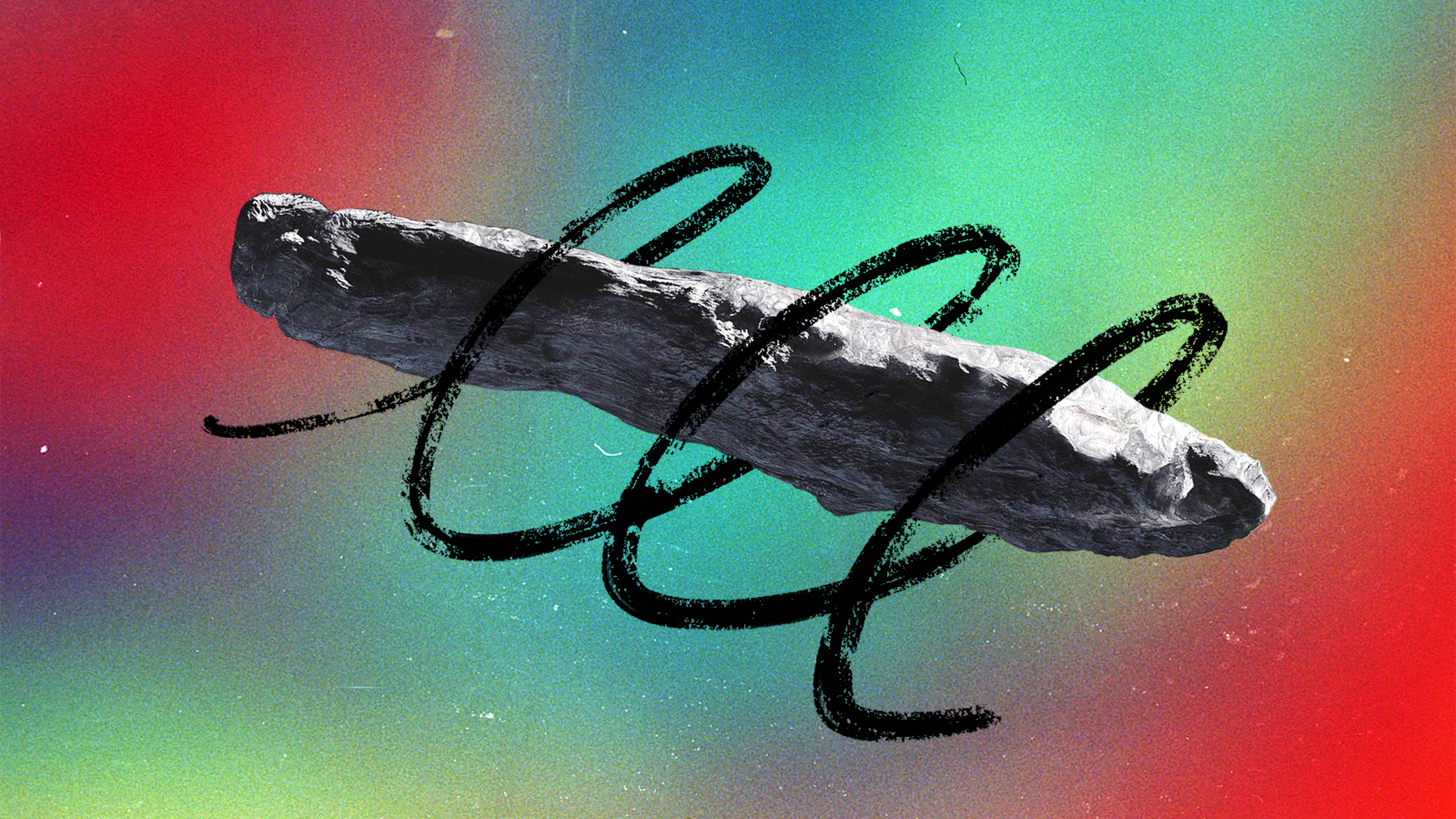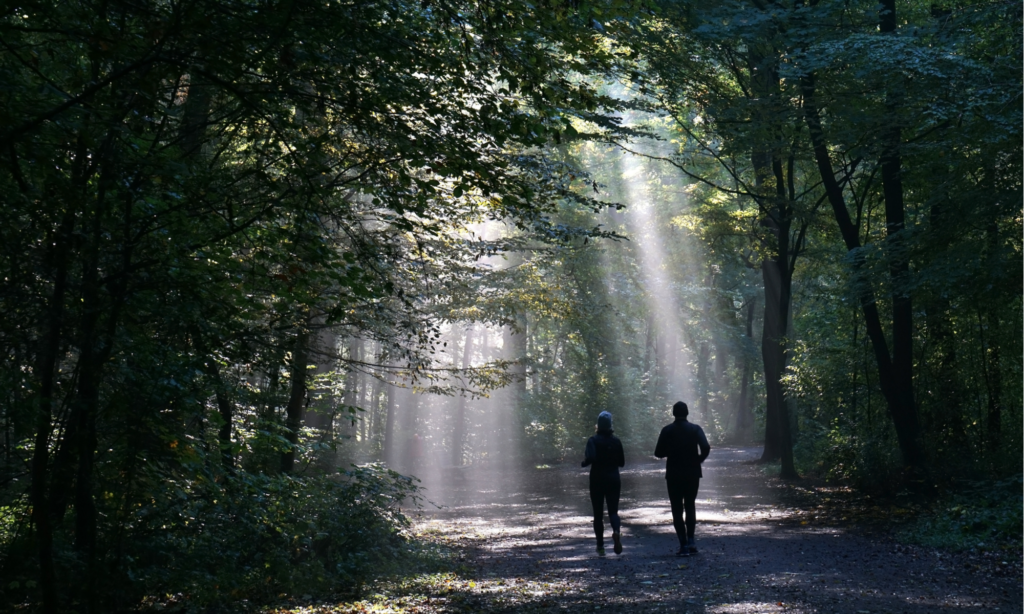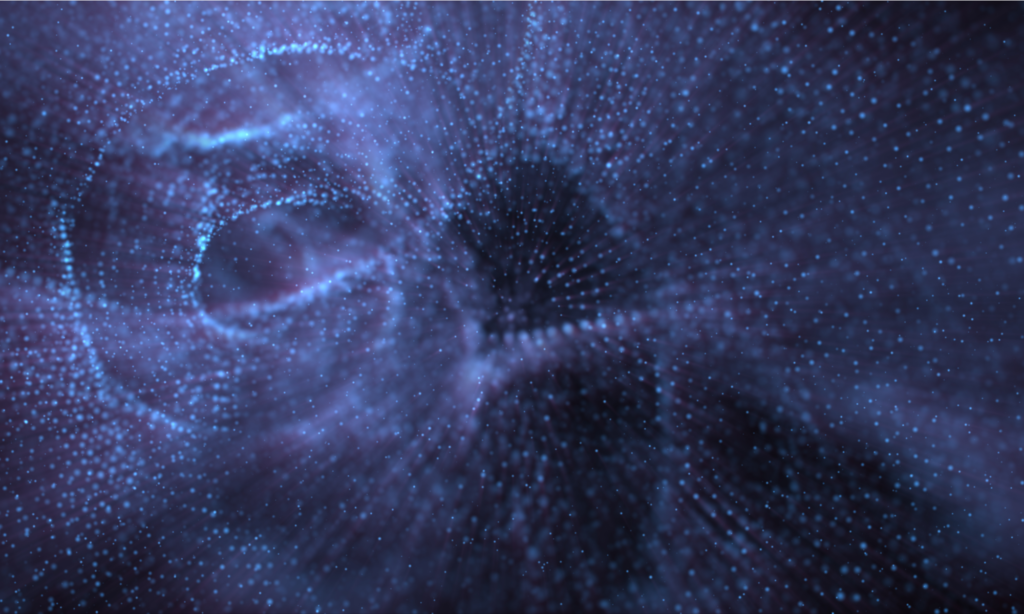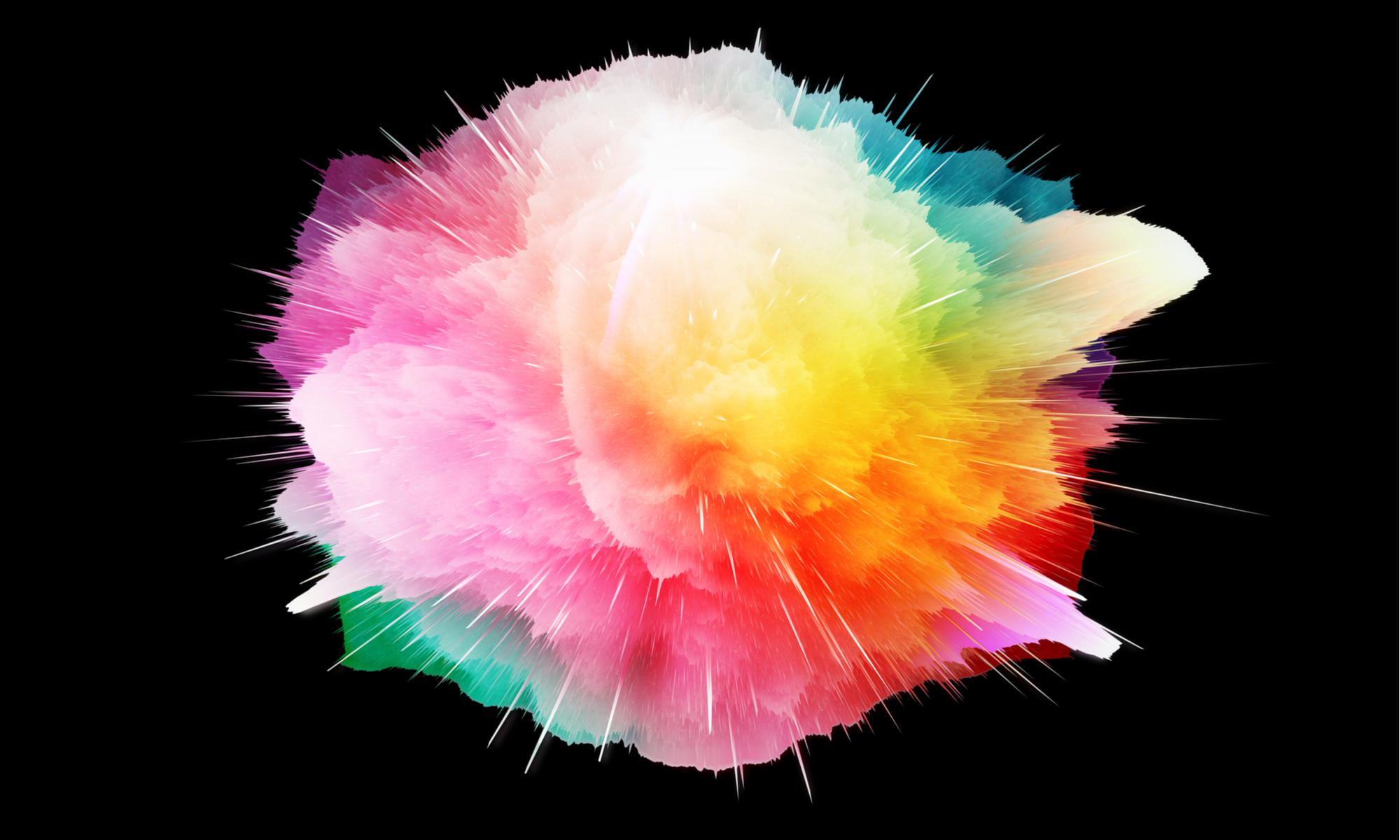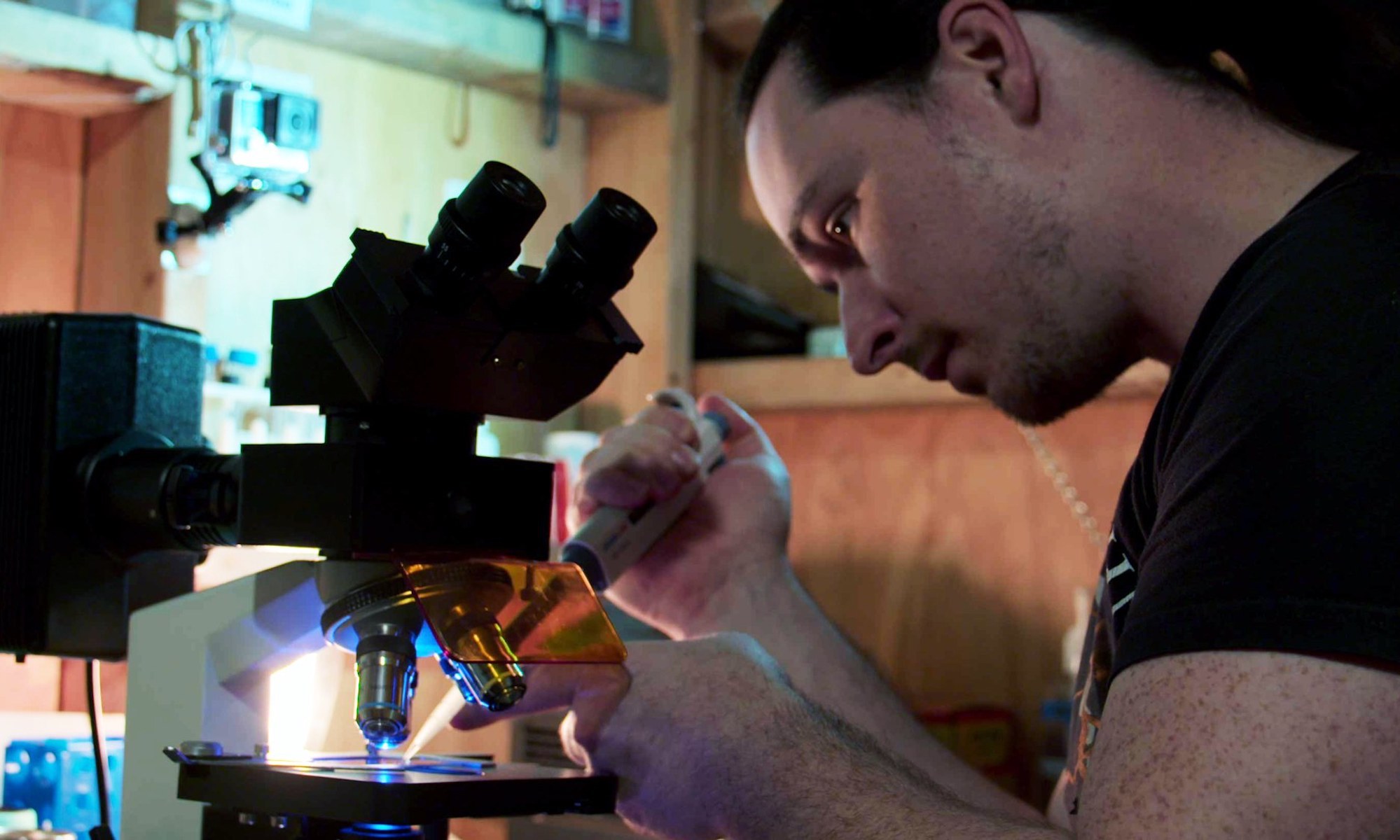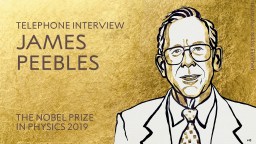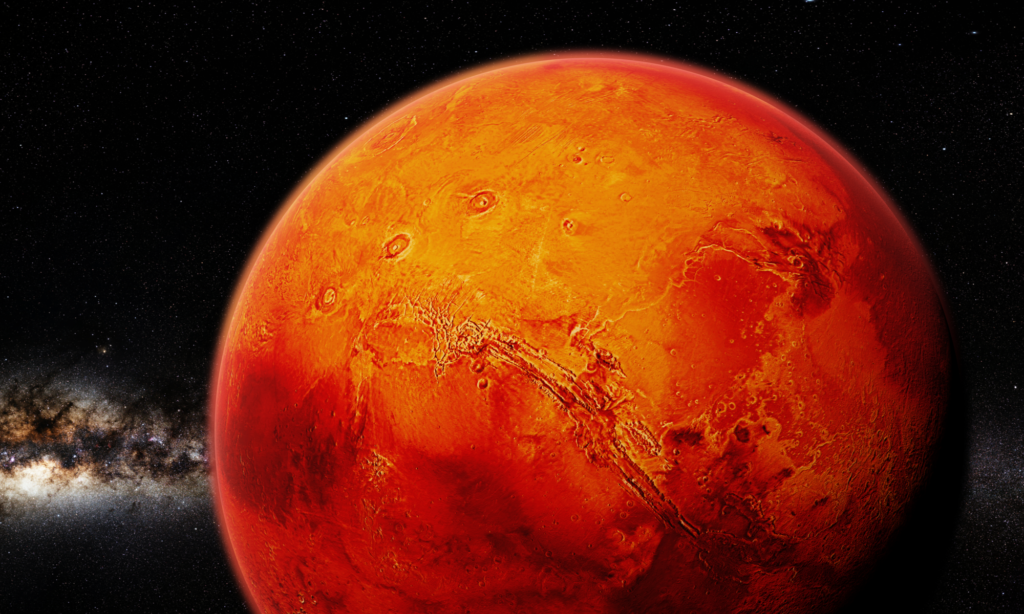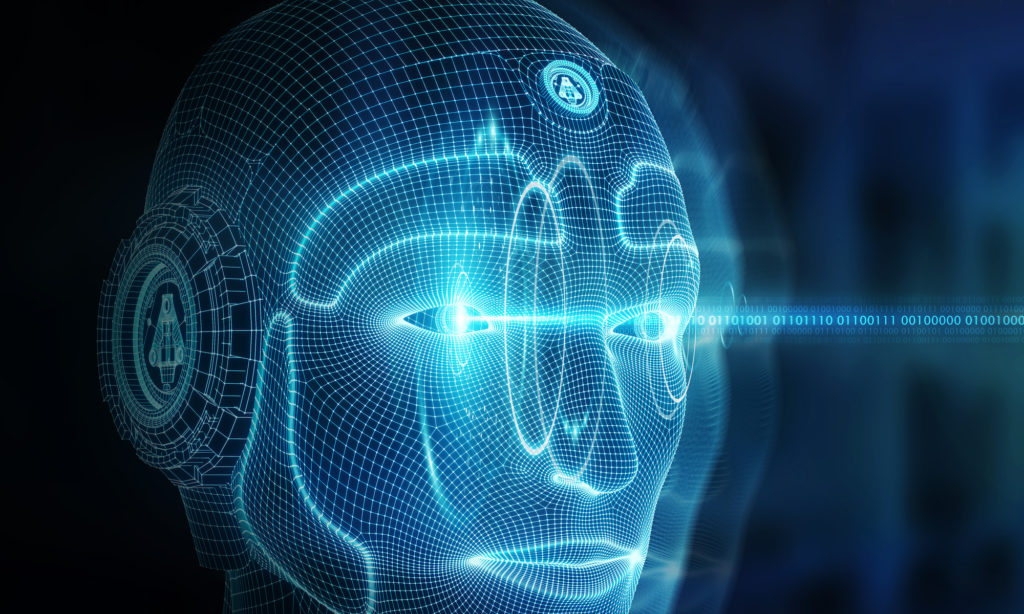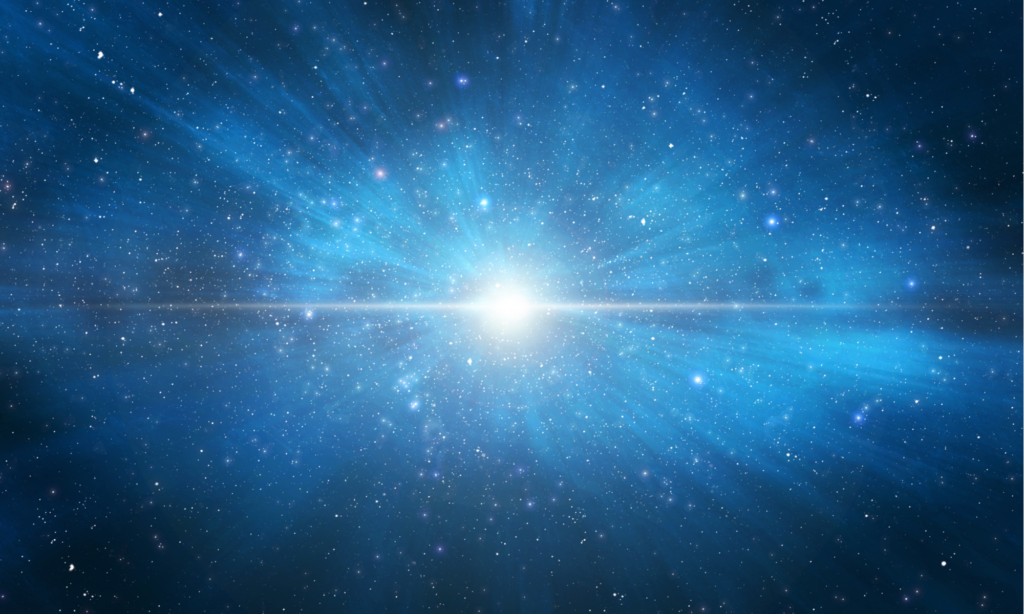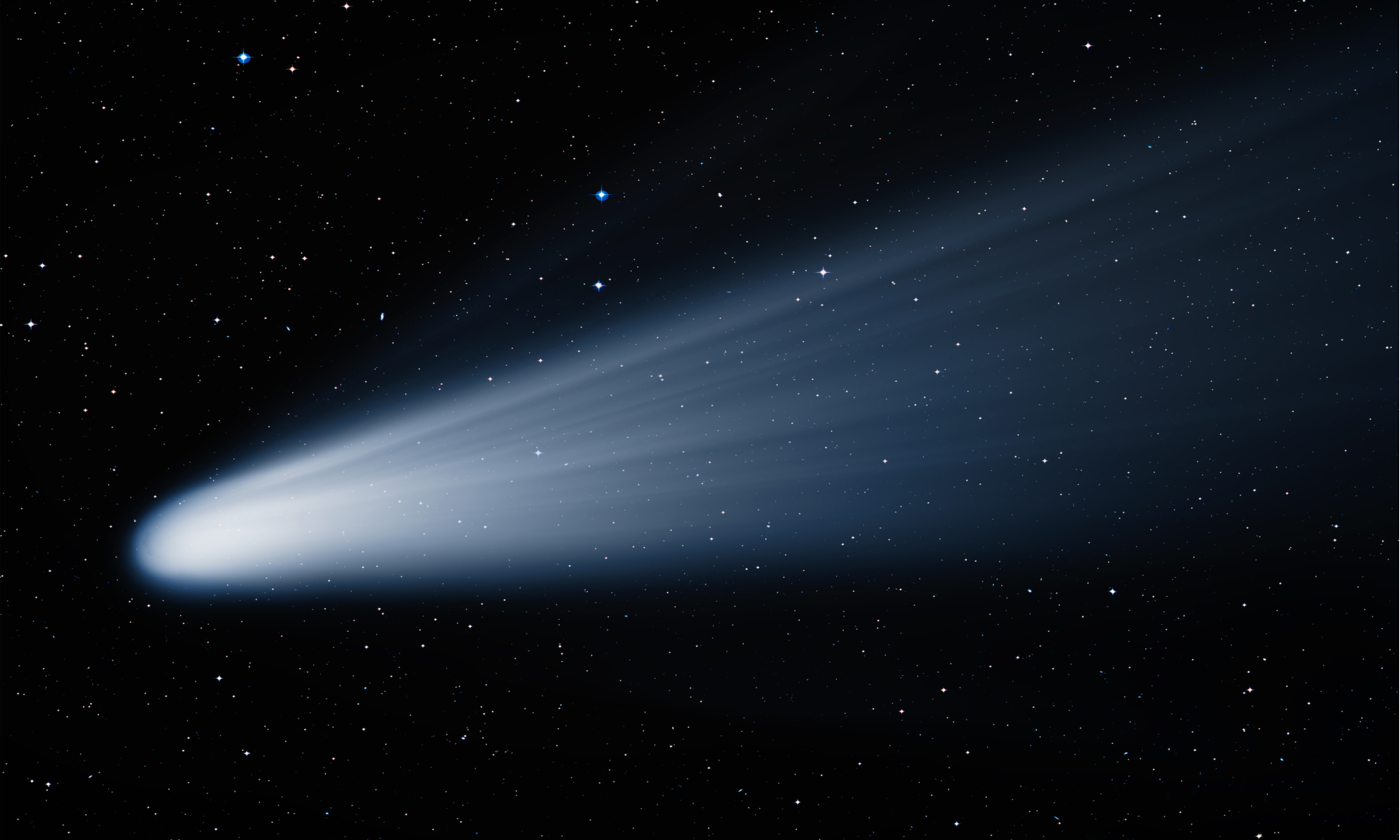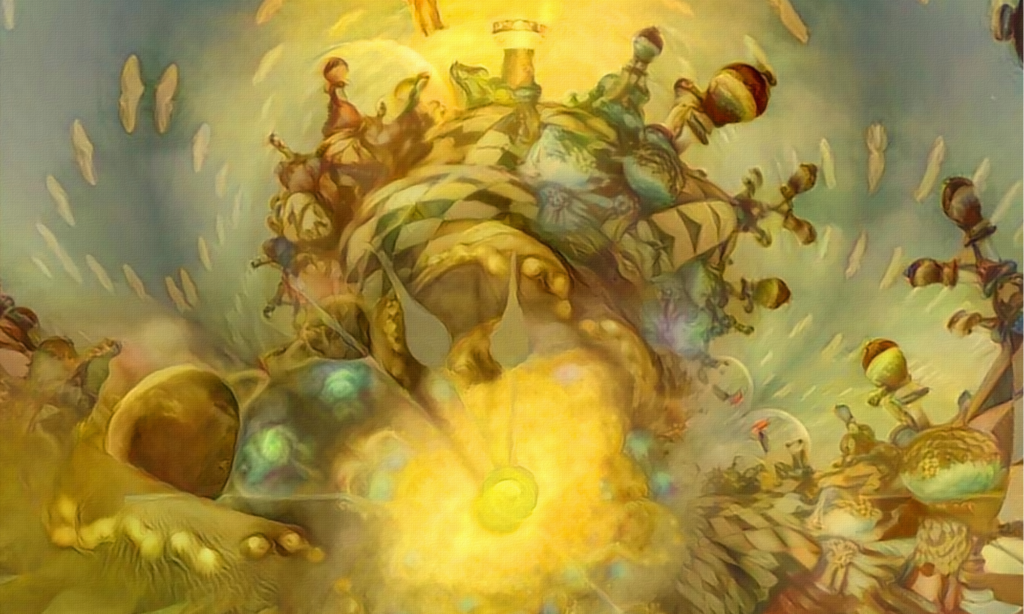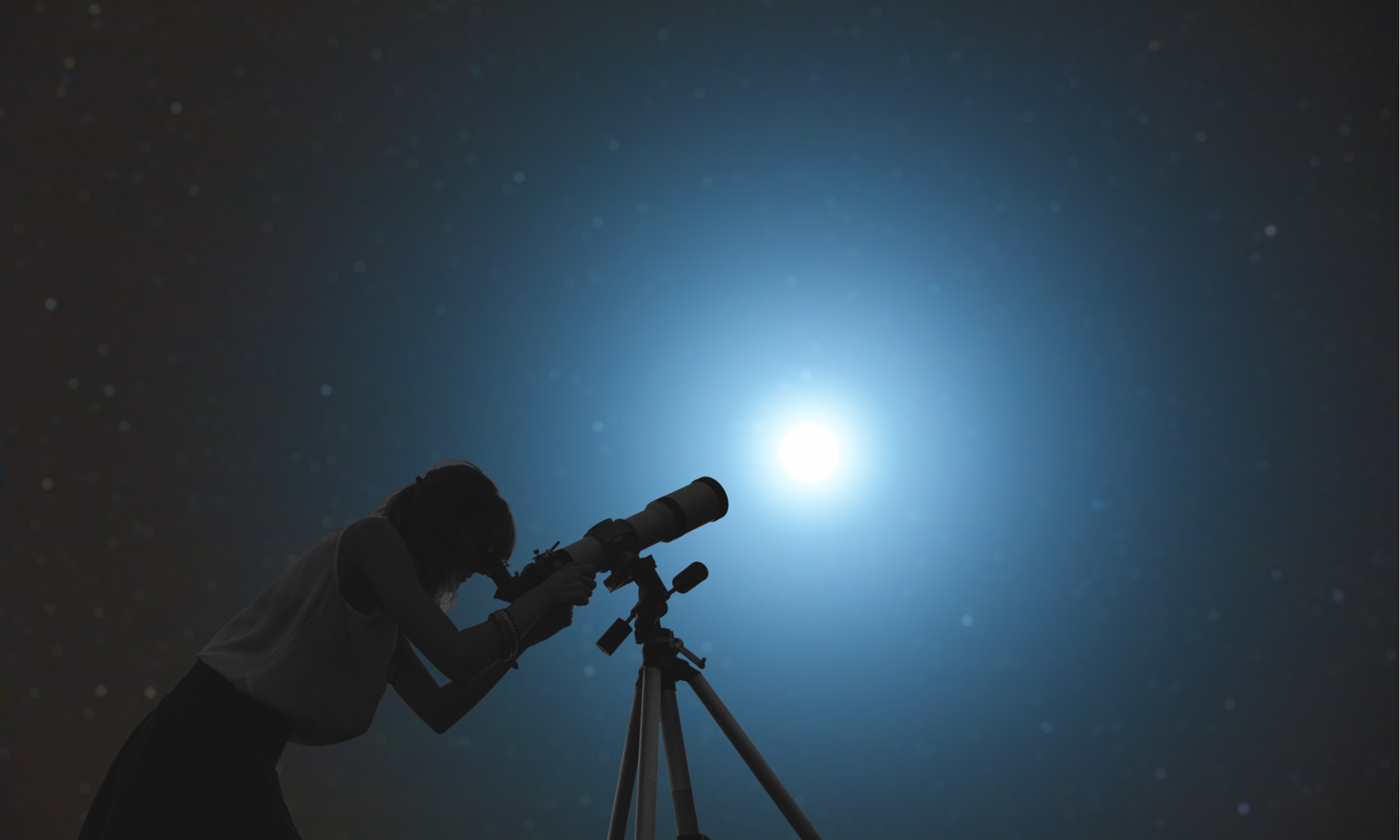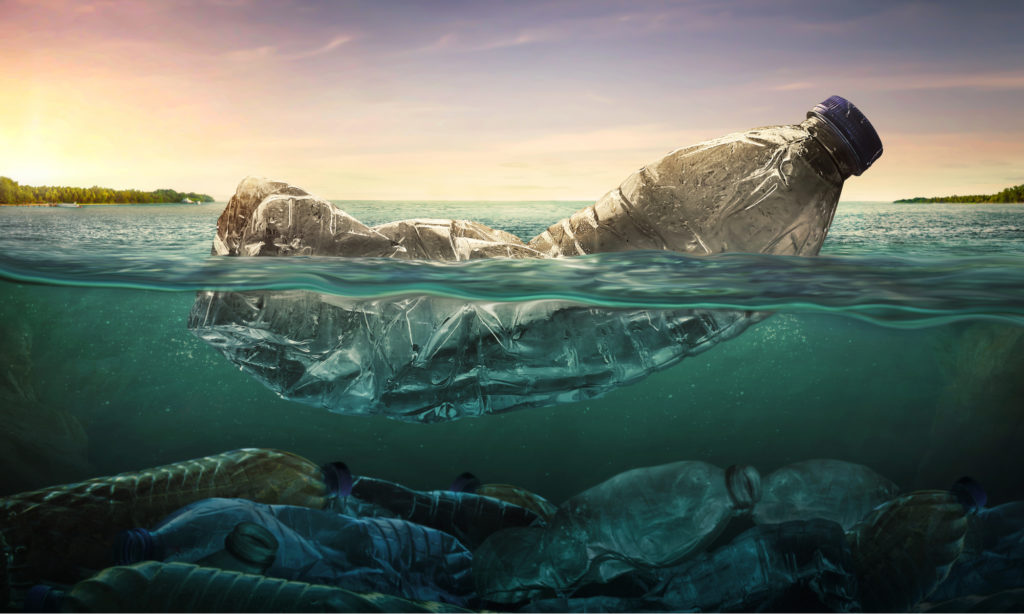Marcelo Gleiser
Theoretical Physicist
Marcelo Gleiser is a professor of natural philosophy, physics, and astronomy at Dartmouth College. He is a Fellow of the American Physical Society, a recipient of the Presidential Faculty Fellows Award from the White House and NSF, and was awarded the 2019 Templeton Prize. Gleiser has authored five books and is the co-founder of 13.8, where he writes about science and culture with physicist Adam Frank.

Scientists should be cautious when expressing an opinion based on little more than speculation.
A revolution of the mind must occur in order for humanity to succeed on a finite planet.
It is impossible for science to arrive at ultimate truths, but functional truths are good enough.
Instead of insisting that we remain “free from” government control, we should view taking vaccines and wearing masks as a “freedom to” be a moral citizen who protects the lives of others.
Two new studies examine ways we could engineer human wormhole travel.
Here’s what Einstein meant when he spoke of cosmic dice and the “secrets of the Ancient One”.
If more people decide to apply pressure through their choices, slowly but surely we would reach climate change herd immunity.
How long should one wait until an idea like string theory, seductive as it may be, is deemed unrealistic?
Surprising as it may seem, we are all very good at denial. Negation, however, is a different phenomena.
Pandemics have historically given way to social revolution. What will the post-COVID revolution be?
Why do we deprive students of the historical and cultural context of science?
Science doesn’t exist in a cultural and existential vacuum and its teaching shouldn’t either.
Welcome to the 13.8 relaunch, a new Big Think column led by physicists and friends Adam Frank and Marcelo Gleiser.
Matter can indeed sprout out of nothingness, causing the universe to expand.
Archetypes of creation and the origin of all things.
Unnatural Selection and the thrilling, terrifying possibilities of genetic editing.
A close encounter with cosmologist James Peebles encouraged me in my scientific career.
▸
with
The Red Planet, the God of War, and important life lessons for us all.
For now, artificial intelligence is nothing to fear. But as it rapidly develops in the years ahead?
Our first “Ask a Scientist” feature is all about the ever-growing universe.
Objects coming into our solar system have an origins story to tell.
From Newton to today’s scientists, we’re only seeing part of the story unfold.
We trust science more than we even realize, and yet we’re quick to reject it. Why?
Can we ever be really sure we’ve learned everything about nature?
Our antipathy toward the natural world is bad. But it’s not too late to change.
